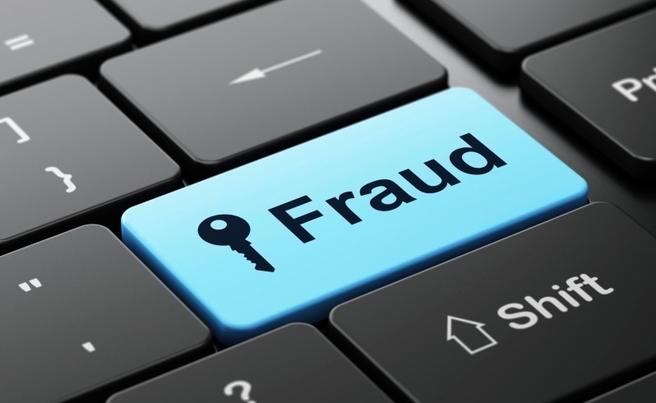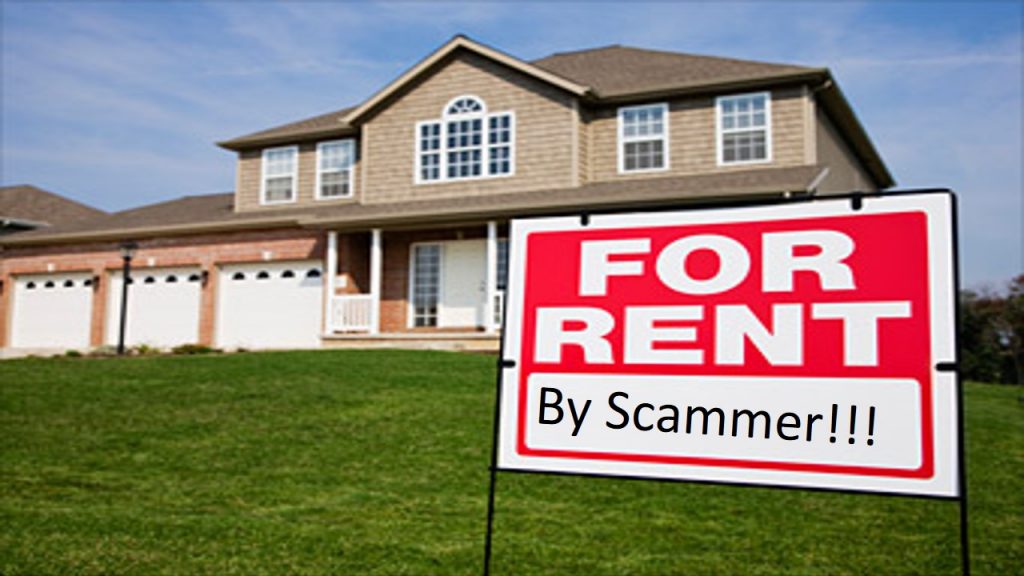The real estate market in Nigeria is one the rise right now. Thousands of people buy property and rent houses. However, with the number of real estate deals growing every day, the number of fraudulent property salesmen is also rising. Many house hunters have already fallen victim to various kinds of property scam and either lost their money or houses. If you want to avoid this situation and keep your money, take a look at these 7 effective steps to deal with real estate fraud.
1. Know where to look for property
Nowadays most house hunters look for homes and apartments on the internet. But not all websites that sell property can be trusted. You should carefully inspect the website where the ad is posted, and if anything seems sketchy to you – there’s probably a scam happening right now.
Take a look at the website: are there contact details of the owners? Do they have a blog or a Facebook page? The more a website communicates with its readers, the less are your chances to get duped. We recommend using JiJi for house hunting. There you can easily find the kind of property you’re looking for:
- Houses and apartments for sale in Lagos, Abuja, Rivers and Oyo
- Houses and apartments for rent in Lagos, Abuja, Rivers and Oyo
- Furnished and unfurnished apartments
- 1-bedroom, 2-bedroom, 3-bedroom houses and apartments
2. Check if the listing is posted several times
One of the most popular techniques used by property scammers in Nigeria is taking some other person’s listing, copy the description and the photos, and add their own contact details. In that way you can possibly send money in advance for an apartment to a person that only copied someone else’s listing.
3. Make sure the seller is real
Before the Internet became so widespread, verifying the identity of a seller was not an easy task. These days, however, you can easily check if the seller is who he says he is. The easiest way to do it is to search his name on Google. If the seller is a licensed broker and is working for a real estate agency, your chances to get duped are low. Other ways include searching for the seller’s email address, the property’s address, or finding out the name of the agency and asking if the agent really works there.
See 4 more effective tips on page 2
4. Avoid paying up-front fees
Most real estate agents charge money for their services, and it’s absolutely fine as long as you’re really getting a house and not just giving your money to some scammer. This is why you need to say no anytime a seller tries to persuade you to pay his fees in advance. The only right time to pay the agent is when the deal is being signed, and not a minute earlier.
5. Does the listing sound too good?
Looking for a house or an apartment is a task that requires your attention to the detail. One of the most important things to remember is that if a real estate ad sounds too good, it’s probably a fraud. If you’ve found a house of your dreams in a nice neighbourhood, and the price seems super affordable – take a double check. Like good cars, mobile phones, computers and furniture, good property never costs too little. Keep that in mind the next time you see an attractive listing for a house with a strangely low price.
6. Don’t share any of your personal information
 Contrary to a popular belief, taking your money and disappearing is not the only way you can get duped in the real estate field. In fact, nowadays criminals are much cleverer when it comes to scamming people. They can easily steal your identity if you give out any of your personal information and use it to empty your bank account or something even worse. Never share any of that personal data (credit card data, bank account details, personal ID and other documents) with a real estate agent until you’ve verified their identity.
Contrary to a popular belief, taking your money and disappearing is not the only way you can get duped in the real estate field. In fact, nowadays criminals are much cleverer when it comes to scamming people. They can easily steal your identity if you give out any of your personal information and use it to empty your bank account or something even worse. Never share any of that personal data (credit card data, bank account details, personal ID and other documents) with a real estate agent until you’ve verified their identity.
7. Listen to your sixth sense
There are a lot of ways to identify a scammer and act accordingly. However, the best thing you can do is to listen to your gut. Is your intuition telling you some particular real estate seller cannot be trusted? This is probably true. You should trust your intuition as much as you trust official information. And if you do detect a scam, don’t forget to report it to the authorities!















